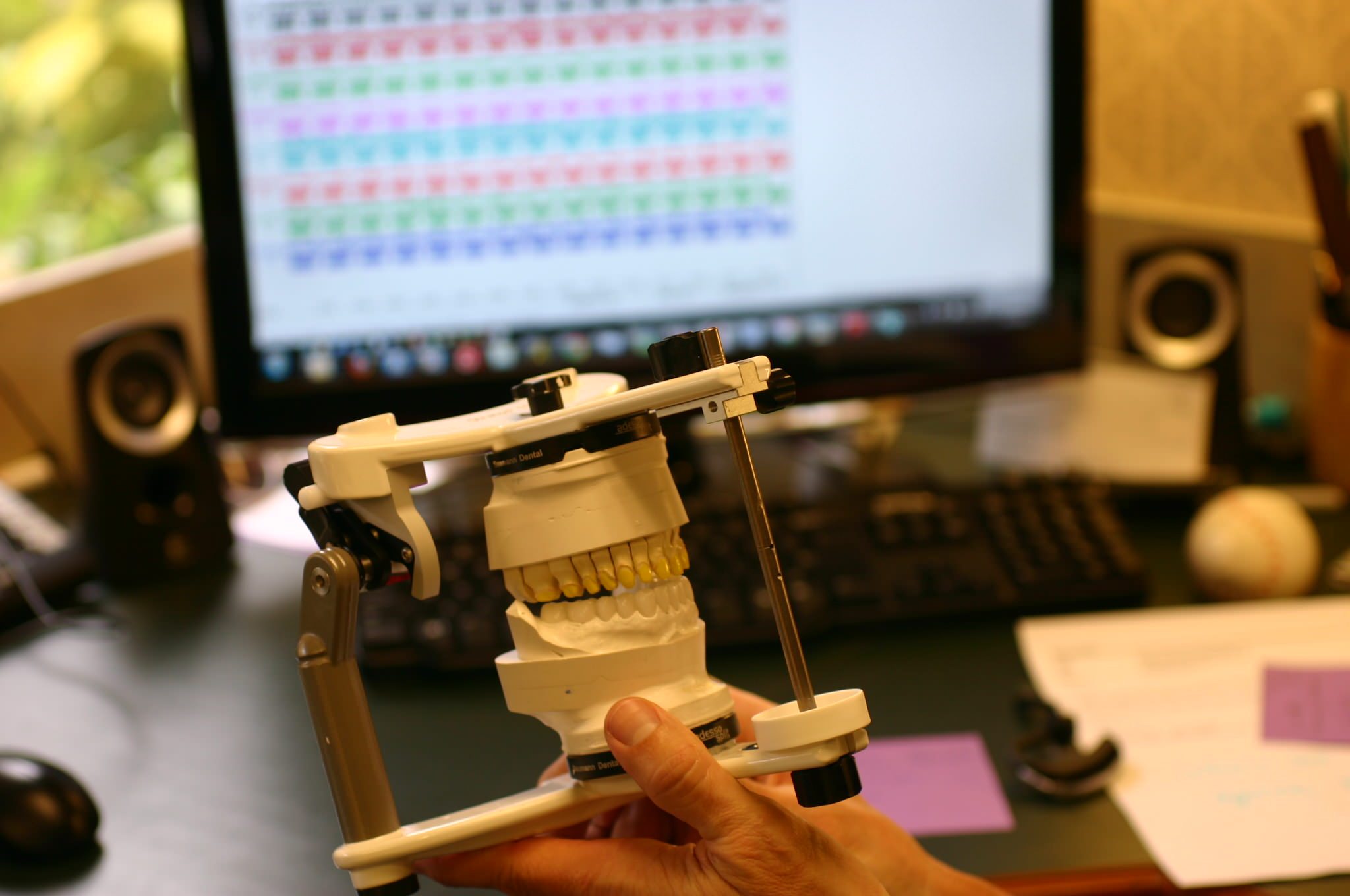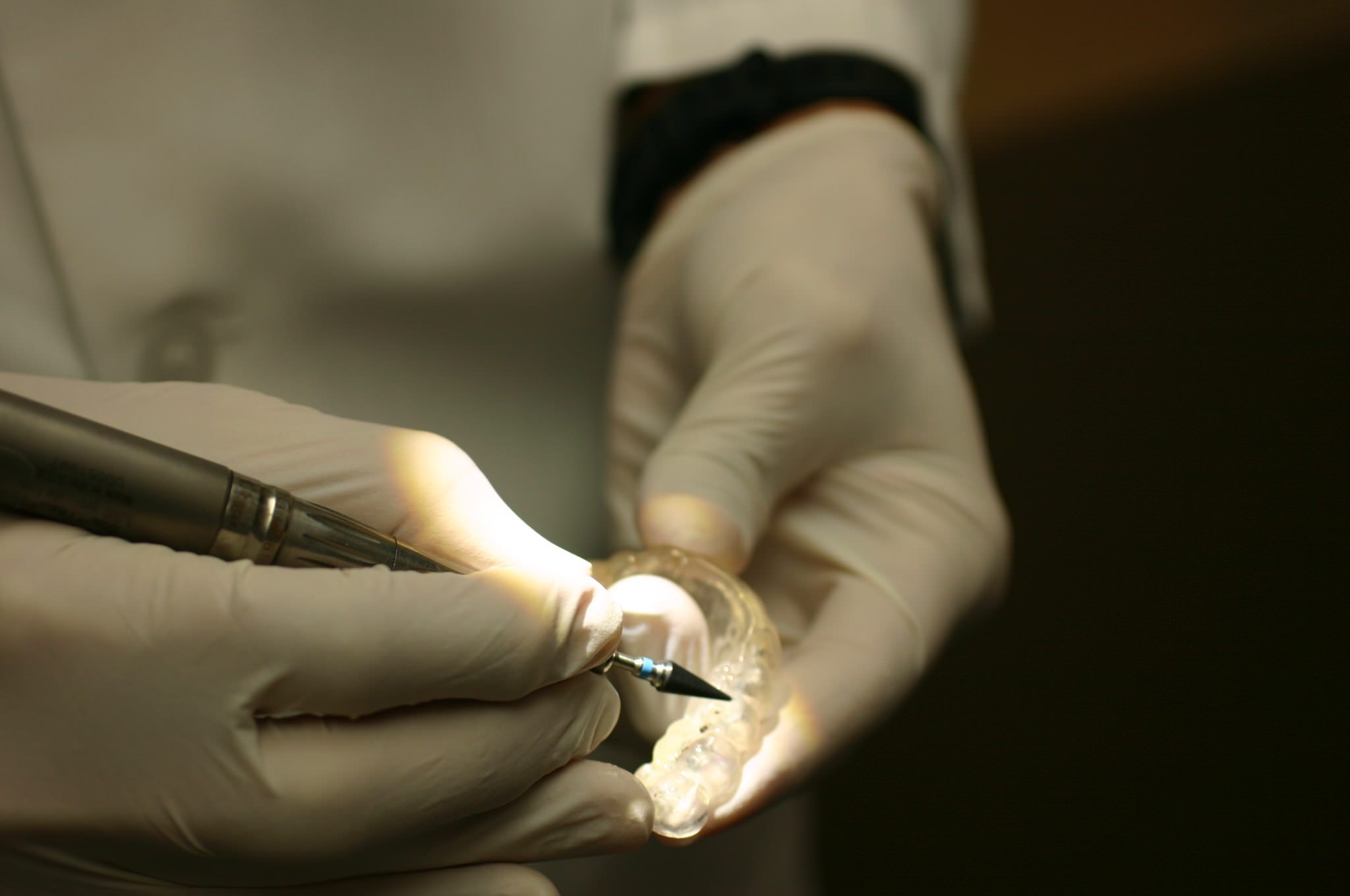TMJ Disorders refer to medical conditions involving the temporomandibular joint and muscles, tooth and bite alignment, and the central nervous system. TMJ Disorders affect an estimated 10 million Americans, who experience difficulties on a daily basis.
TMJ Dysfunction can manifest itself in a wide variety of ways limiting function and creating pain throughout the body. TMJ disorders can be chronic or acute, and include problems with the bones, muscles, blood vessels and connective tissues of the joint. With the interconnected nature of this region of the body, resulting complications cause pain and performance issues throughout the head, neck and entire body.

Symptoms
The symptoms associated with this disorder are wide ranging and occur throughout the body affecting muscles, bones and nerves. The biggest sign of a larger problem is the associated pain. Painful sensations manifest themselves in, but are in no way limited to, the following mechanisms:
- Facial pain
- Jaw joint pain
- Neck, back and cervical pain
- Tension headaches
- Sharp pain in, around or behind the eyes
Many times patients will experience other difficulties associated with TMJ Disorders. These symptoms are no less serious:
- Dizziness, vertigo, and visual disturbances
- Postural problems
- Jaw clenching with limited opening or locking
- Numbness in limbs
- Congestion of sinus cavity
- Congestion of the ears, with associated pain and ringing
- Teeth sensitive to temperature
- The sensation of having a “bad bite”
- Front teeth hit first when closing
- The need to pull the jaw backwards to get teeth together
Video Education
Common Causes
In many cases the cause of TMJ Disorders can be unclear. There are several factors to examine when looking at the causes of TMJ problems:
- Habitual clenching or grinding of the teeth
- Misalignment of teeth causing poor bite position
- Traumatic injury to the neck, head or jaw
- Arthritis and joint related disorders
Treatment Options

Learn more about other TMJ relates issues by learning more about Neuromuscular Dentistry.
Learn more TMJ-Disorders-and-Treatments

